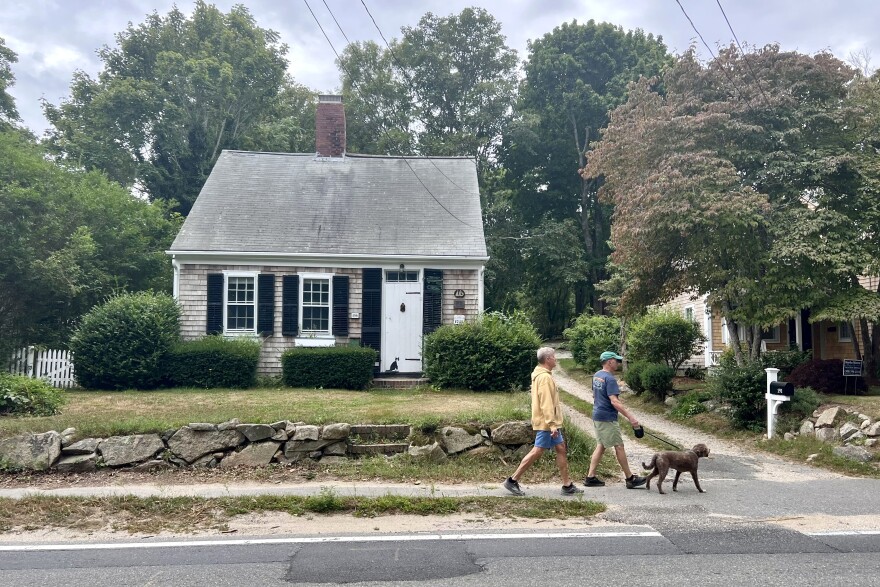The six Cape Cod towns that do not have a “Seasonal Communities” designation will be offered that status by the state.
Cape Cod legislators have been advocating for the change. The Healey administration revealed its plans Wednesday during a meeting of the Seasonal Communities Advisory Council.
A state housing law created the designation last year. It allows tourism-heavy communities — where many homes are seasonal and housing costs are high — to use new policy tools to support year-round housing.
They can also receive grants expected to range from $50,000 to $175,000.
In the original law, Dukes and Nantucket Counties were offered the designation, along with towns on Cape Cod and in the Berkshires that met certain criteria.
Now, the Healey administration says the remaining six towns on Cape Cod — Barnstable, Bourne, Falmouth, Mashpee, Sandwich, and Yarmouth — will be eligible, along with 10 more communities in Berkshire County and two in Franklin County, near the Vermont border.
State Rep. Kip Diggs, of Barnstable, said the Cape’s large towns, including Barnstable, are affected by tourism just as much as the Outer Cape.
“I can't even separate Barnstable from Provincetown,” he said. “Because honestly, when the summer comes, there's a lot more people. So there's more people fishing, … eating on Main Street, or [in] all different villages. So it just gets five times, 10 times busier.”
Each community’s legislative body can vote to accept the designation or not.
Among other things, communities that accept the designation can create housing specifically for municipal employees, and they can increase the tax exemption for a principal residence.
The designation also carries some requirements. Towns must allow so-called “tiny houses,” and they must allow homes to be built on undersized lots, provided those homes are for year-round housing.
Craig Tamash, president of the Barnstable Town Council, said he’s glad the town can opt in, but Barnstable does have some issues with the law.
“Tiny houses would be allowed as a matter of right,” he said. “And the question is, is it one tiny house? If I have a two-acre lot, can I put six tiny houses on it, if sewer is available?”
The law carries zoning requirements, too.
“There are some exemptions from local zoning, some of which we think go too far,” Tamash said.
The Executive Office of Housing and Livable Communities is writing detailed regulations to implement the law. The administration says the regulations will be published by the end of the year.








